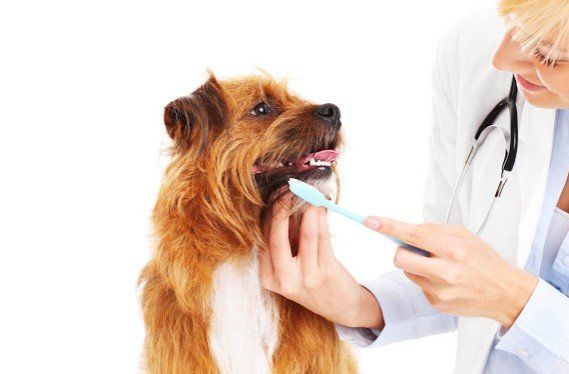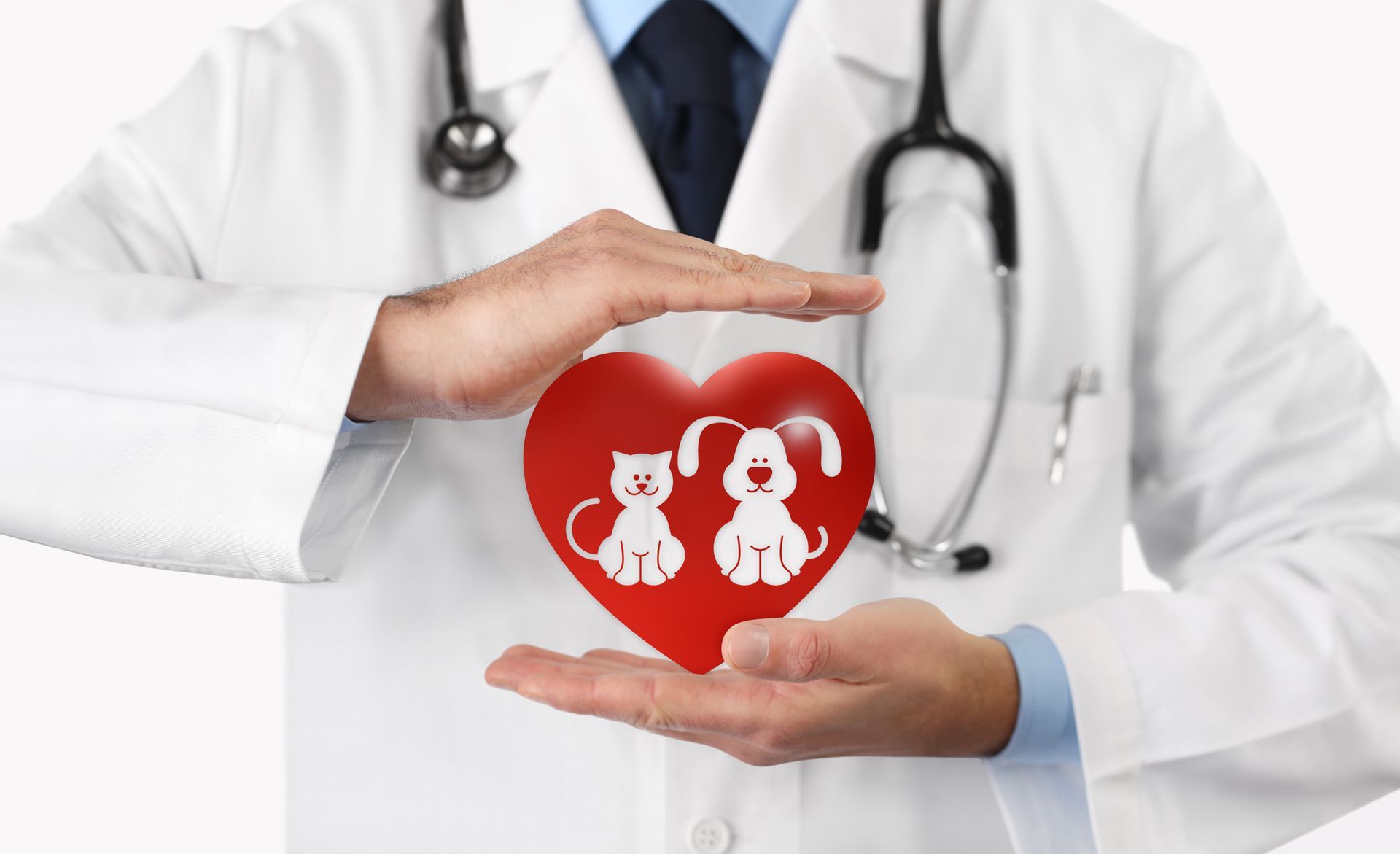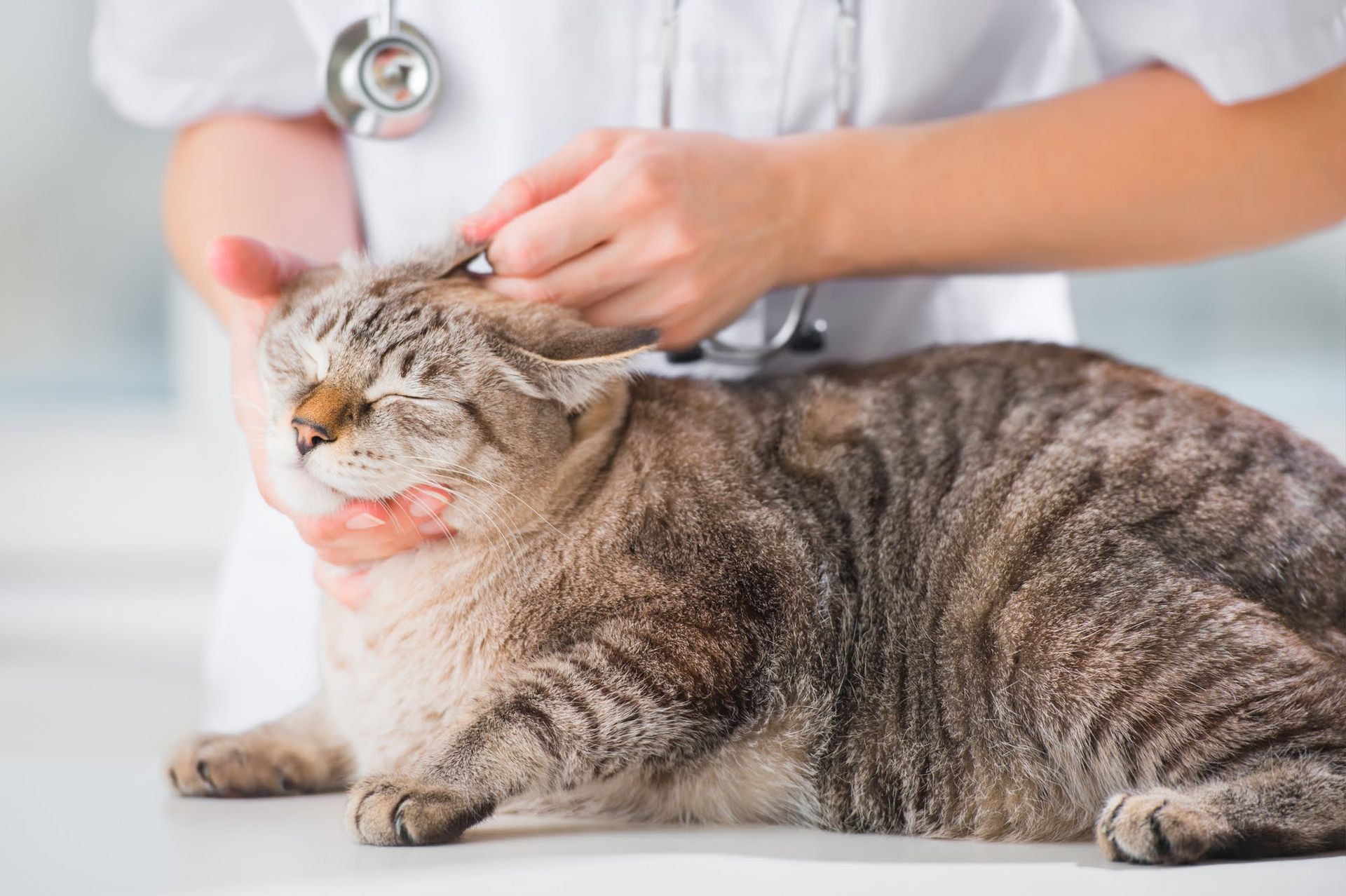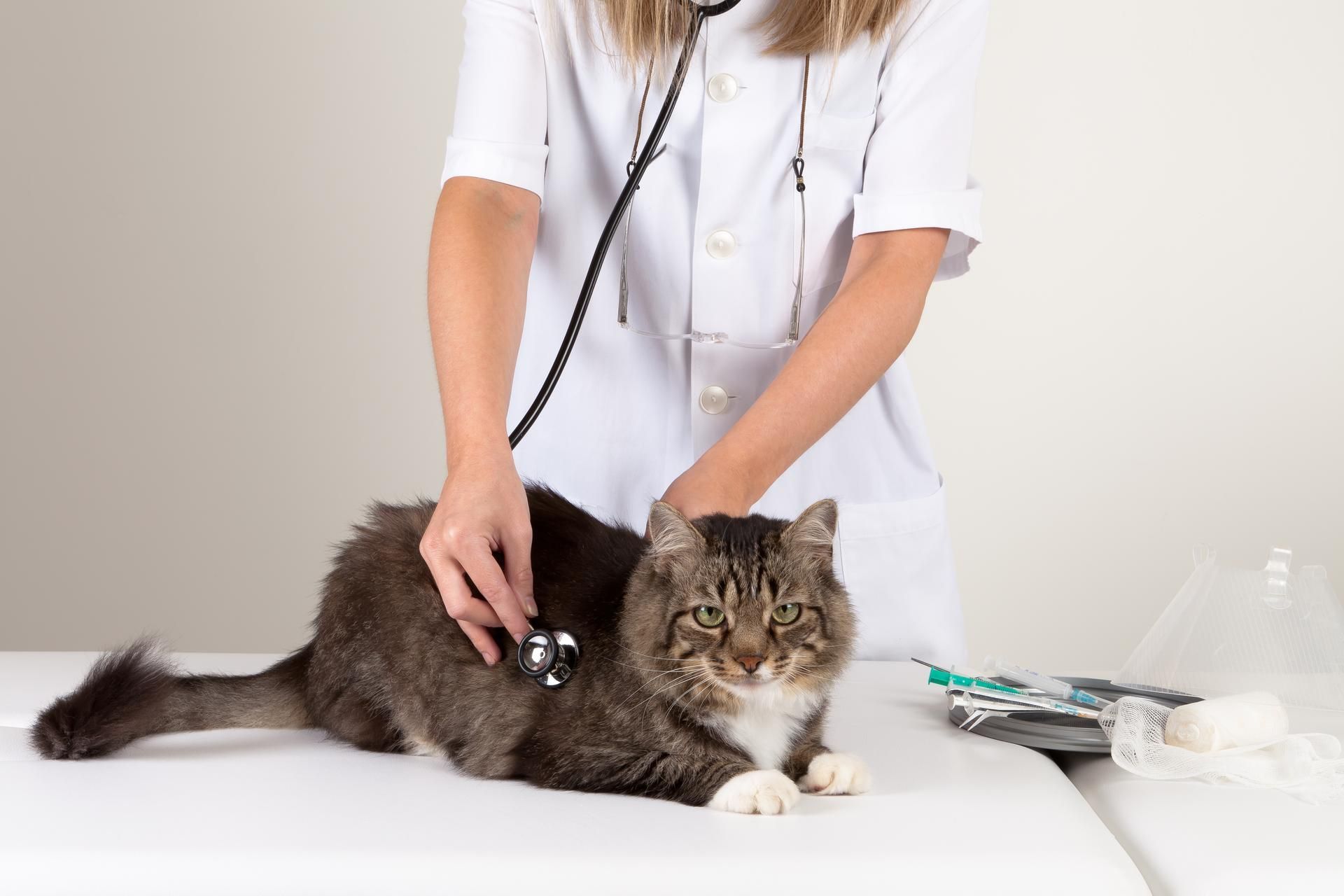What Dog Owners Need to Know About Periodontal Disease
While some people may stay on top of their pet's annual physicals and vaccines, they may forget about dental appointments. However, your dog should have a dental exam and cleaning at least once per year — although certain breeds may require more. Dental exams are an important tool for preventing periodontal disease. Read on to learn more about periodontal disease in dogs and how to treat it.
What Is Periodontal Disease?
Periodontal disease is an inflammatory disease that affects the gums, jawbone, and other oral structures. Without regular dental cleanings, plaque can not only build up on teeth but below the gum line as well. Your dog's immune system may release white blood cells and other bodily chemicals to control the plaque, but unfortunately these inflammatory processes can destroy structures that support your dog's teeth.
Why Is Periodontal Disease Such a Problem?
While early periodontal disease can cause swollen gums and bleeding, advanced stages can cause tooth mobility and tooth loss. Your dog may lose weight since it may be too painful to eat. Periodontal disease can lead to tooth-root abscesses, which are pockets of pus caused by bacterial infections.
While some people may think that the oral cavity is its own isolated system, untreated periodontal disease can cause widespread organ damage since bacteria from infected gums can enter the bloodstream and cause bacteremia. Dogs with severe periodontal disease are also more likely to have liver, heart, and kidney problems.
Which Dogs Are At Risk?
While any dog can develop periodontal disease, some dogs are at a greater risk for this condition and may require more than one annual cleaning. For example, breeds like Yorkshire terriers and Dachshunds are more susceptible to periodontal disease and may need a dental exam every six months.
If your dog has a pre-existing condition, like an autoimmune disease, then they may need more frequent dental exams to prevent periodontal disease. Dogs with poor diets and senior dogs are also more prone to developing periodontal disease and, again, may need more visits to the vet.
What Are the Signs of Periodontal Disease?
Unfortunately, it can be hard to notice the early signs of periodontal disease, which is why it's so important for owners to take their dogs in for regular dental exams. As the disease advances, you may notice that your dog:
- Has swollen gums
- Has trouble eating
- Has swelling under the eyes
- Has discharge from the nose
- Has bloody saliva
- Has "head shyness," where they don’t want to be pet
While it's good to be aware of these signs, preventative methods are the best way to stave off periodontal disease.
How Can You Prevent Periodontal Disease in Your Dog?
You should brush your dog's teeth every day. You should only use toothbrushes and toothpastes that are formulated for dogs. Your vet can teach you how to properly brush your dog's teeth if you don't know how. If your dog hates having his or her teeth brushed, start out with a dental spray. You can buy these types of sprays from your vet or from a pet store; the sprays improve halitosis and can prevent plaque build-up.
Dental chews and other dental-friendly treats can prevent periodontal disease since they stimulate saliva flow and help remove plaque. Your vet can recommend treats that are safe for your dog. Avoid hard treats, like animal bones or cow hooves, as these can cause gastrointestinal issues, break teeth, and pierce gum tissue.
What Can Your Vet Do to Treat Periodontal Disease?
No matter if your dog needs a regular cleaning or a major oral surgery, they will need to be anesthetized. Anesthesia is necessary for dogs since they would be extremely uncomfortable without it. Plus, it would be a near-impossible task for your vet to effectively diagnose and treat your dog without anesthesia. Of course, your vet can weigh the risks and benefits of anesthesia with you if this is a cause for concern.
Once your dog is safely under anesthesia, the vet will take x-rays, remove plaque and tartar, and polish teeth. Your vet will use a dental probe to check for any pockets of infection. If your dog does show the early stages of periodontal disease, then the vet can clean below the gumline with an ultrasonic scaler to remove any bacteria.
If your dog has a more severe case of periodontal disease, then the vet may recommend another appointment for a deeper cleaning or for a gingivectomy, which is a procedure where the vet will remove diseased gum tissue and cover up exposed tooth roots.
Once your dog is done with their dental cleaning, the vet will provide you with after-care instructions, and they may prescribe antibiotics and pain medications for your dog. Your dog may be a little groggy and have some bleeding and drooling after an appointment but will return to normal within a few days.
Reach out to us at South Seattle Veterinary Hospital for more information about dental exams and how to prevent and treat periodontal disease.












